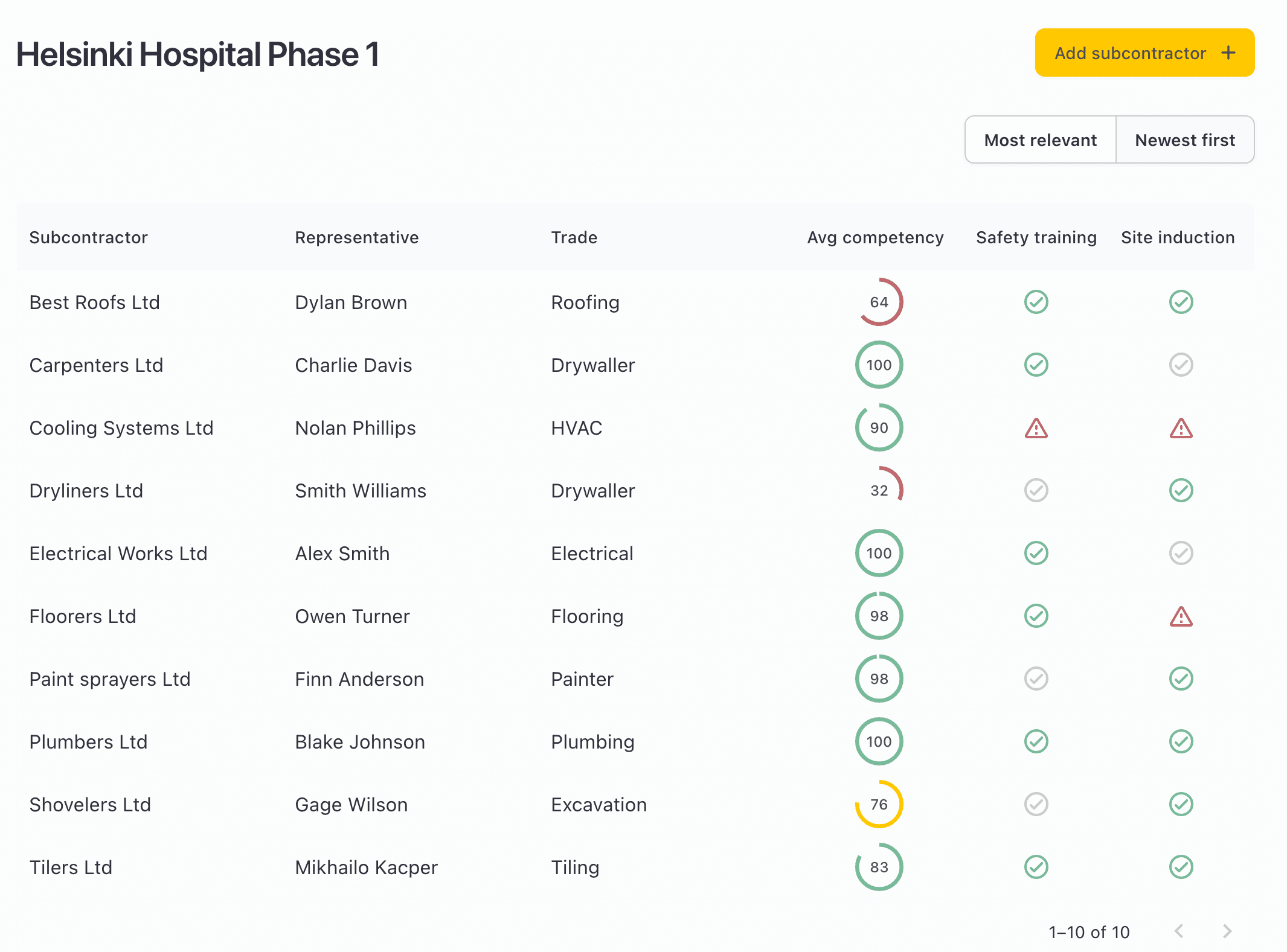In today's world, it's not uncommon for people to move abroad for work opportunities. However, with this comes the risk of being scammed by fraudulent relocation services. In this article, we will talk about one of our user experiences that we found through an interview and explore the elements of a scam where a person is deceived out of money for a relocation service to Europe for a job.
Dostonbek is a 33-year-old painter and drywaller from Uzbekistan. He worked in Russia for seven years but had to go back to his home country when the war started. He struggled to find work and was paid very little, so he searched for a job in Europe. He found a job offer on the internet from an "experienced middleman" who promised to help him with everything he needed, including documents for relocation and a place to stay. The middleman asked Dostonbek to pay €500 upfront. Dostonbek was worried that the middleman might be a scammer, so he did some research and found out that the company offering the job was real. He received an "invitation to Europe" from the middleman and paid the agreed amount. When Dostonbek went to the embassy to continue with his documentation, he realized that he had been deceived, and the document was fraudulent. When he tried to contact the middleman, he got no reply. He then learned that the company offering the job had never heard of him or the middleman. This happened to Dostonbek twice, which was the worst part of his story.
What can we learn from the Dostonbek story?
The Offer: The first element of the scam is the offer itself. A person is approached with an offer for a job in Europe, promising high salaries, great benefits, and opportunities for growth. The offer may appear to be legitimate, with job descriptions, company names, and salary details provided to the person.
The Request for Money: After accepting the job offer, the person is then asked to pay a fee for relocation services. This fee may be disguised as visa fees, travel expenses, or other costs associated with moving to Europe. The scammer will often pressure the person into paying quickly, claiming that the job offer will be revoked if the fee is not paid promptly.
The Payment Process: The payment process is another crucial element of the scam. The scammer will often request payment through wire transfers, money orders, or other non-traceable methods. This ensures that once the money is transferred, it cannot be recovered, leaving the victim out of pocket.
Lack of Communication: Once the payment is made, the scammer may disappear or become unresponsive, making it difficult for the victim to follow up on the job offer or the relocation services they paid for. The victim may be left feeling frustrated and helpless, with no way to recover their money or seek legal action.
Protecting Yourself: To protect yourself from such scams, it's crucial to be vigilant and do your research. Check the company's website, read reviews, and verify the job offer with the company directly. Do not send money to anyone you do not know, especially through non-traceable payment methods. If you believe you have been scammed, contact your bank or credit card company immediately to try and recover the funds.
In conclusion, being aware of the elements of a relocation scam can help you avoid falling victim to it. Always do your research, be cautious with payments, and protect yourself from fraudulent activities. If you are in a situation where you are approached by a really good job offering you should be cautious and do more research.
Werk, a company with a mission to assist workers worldwide, is providing a company report service for those uncertain of where to begin.














